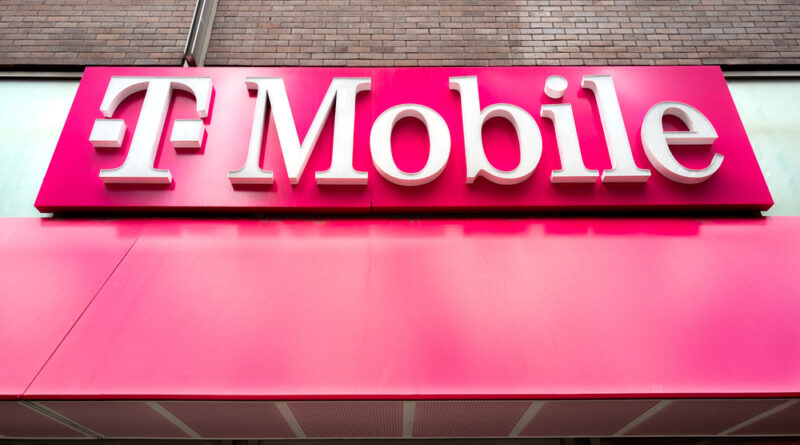T-Mobile Sends Checks to Victims Three Years After Massive Data Breach
T-Mobile settles one of America’s largest data breaches with payments rolling out to millions affected.
More than three years after a devastating data breach exposed the personal details of approximately 76 million T-Mobile customers, financial compensation is finally arriving. Checks from a $350 million class-action settlement are being sent out this month to affected customers who filed claims after hackers compromised T-Mobile’s servers in August 2021.
The breach initially came to light when cybercriminals began offering sensitive data—including names, addresses, phone numbers, Social Security numbers, and customer account PINs—for sale on the Dark Web. This marked T-Mobile’s sixth major cybersecurity incident in just four years, highlighting persistent vulnerabilities within the telecom giant’s security infrastructure.
Legal Fallout: FCC Action and Class-Action Lawsuit
In response to T-Mobile’s repeated cybersecurity lapses, the Federal Communications Commission (FCC) took legal action, culminating in a 2024 settlement. As part of this agreement, T-Mobile agreed to pay a $15.75 million civil penaltyand committed another $15.75 million towards enhancing its cybersecurity defences, though the company notably avoided admitting any wrongdoing.
Separately, customers filed a major class-action lawsuit against T-Mobile, leading to the substantial $350 million settlement in 2022. Victims of the breach could claim reimbursement for documented losses or opt for a fixed cash payment of $25, or $100 for California residents. Now, as these checks begin reaching affected individuals, any leftover settlement funds will be evenly distributed among all eligible claimants.
Growing Threat of Identity Theft
The stolen data posed severe risks, enabling identity thieves to apply for credit cards, take out loans, or launch sophisticated phishing campaigns targeting T-Mobile customers directly. The breach underscored the critical importance of robust cybersecurity measures, not only within telecom companies but across all organisations holding consumer data.
According to Verizon’s latest annual data breach report, there were 12,195 data breaches worldwide last year—a staggering 34% increase from the prior year, impacting over 1.35 billion individuals globally. This growing frequency and severity highlight an unsettling reality: data breaches are no longer a matter of if, but rather when consumers will be impacted.
How Consumers Can Protect Themselves
Experts strongly recommend proactive measures to mitigate the impact of future breaches:
-
Freeze Your Credit:
Place a security freeze with major credit bureaus (Equifax, Experian, TransUnion) to prevent unauthorized credit applications. Additionally, freezing credit reports at the lesser-known National Consumer Telecommunications and Utilities Exchange (NCTUE)—used specifically by telecom companies—is critical, as scammers increasingly target cell-phone accounts. NCTUE can be reached online or at 866-349-5355. -
Avoid Storing Credit Cards Online:
Refrain from saving credit card details on retail websites for convenience. Instead, input payment details manually for each purchase. Never use a debit card online due to weaker fraud protections compared to credit cards. -
Limit Sharing of Social Security Numbers:
Provide your Social Security number only when absolutely necessary. Many organisations request it unnecessarily—such as healthcare providers—where refusal is both justified and prudent.
As the checks from T-Mobile arrive, they serve as a stark reminder of the risks and realities of modern data privacy. Consumers must remain vigilant and proactive in protecting their personal data as breaches continue to escalate in scope and frequency.
Photo Credit: DepositPhotos.com

